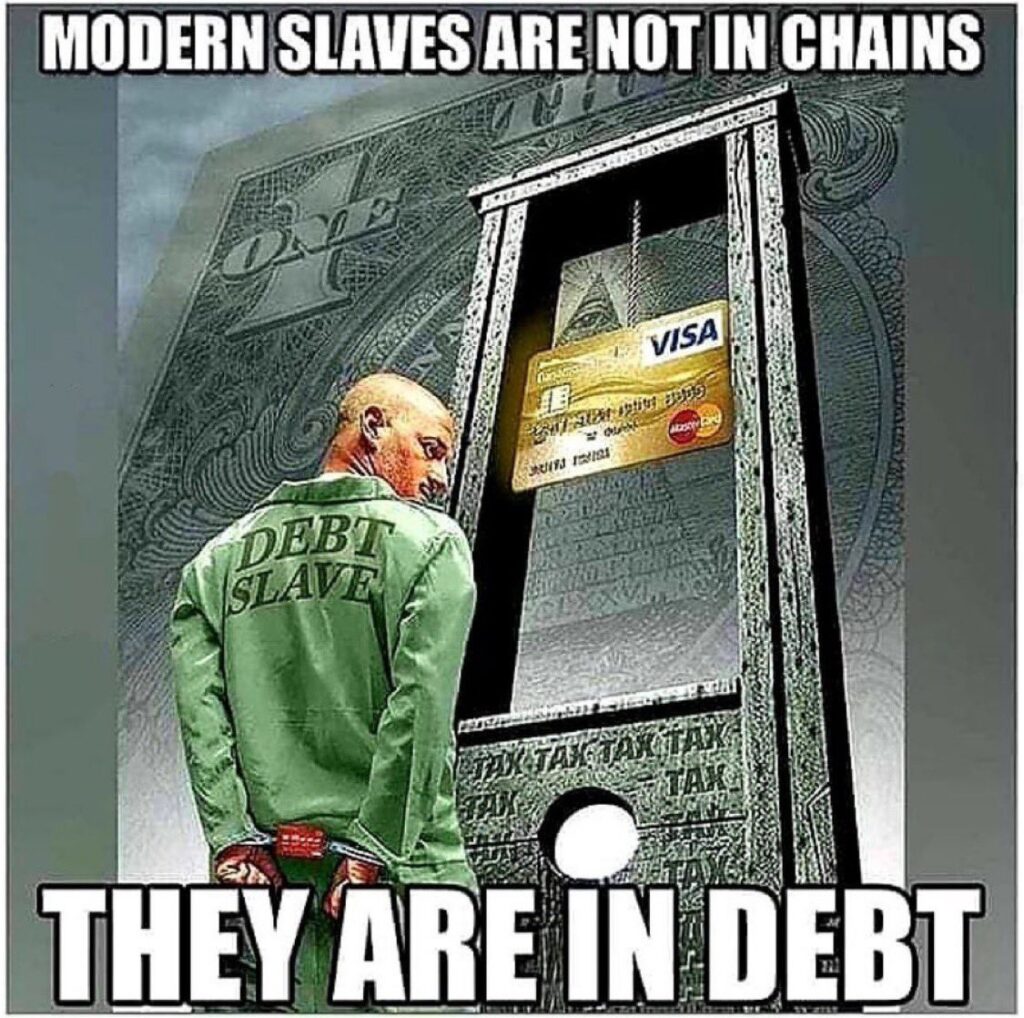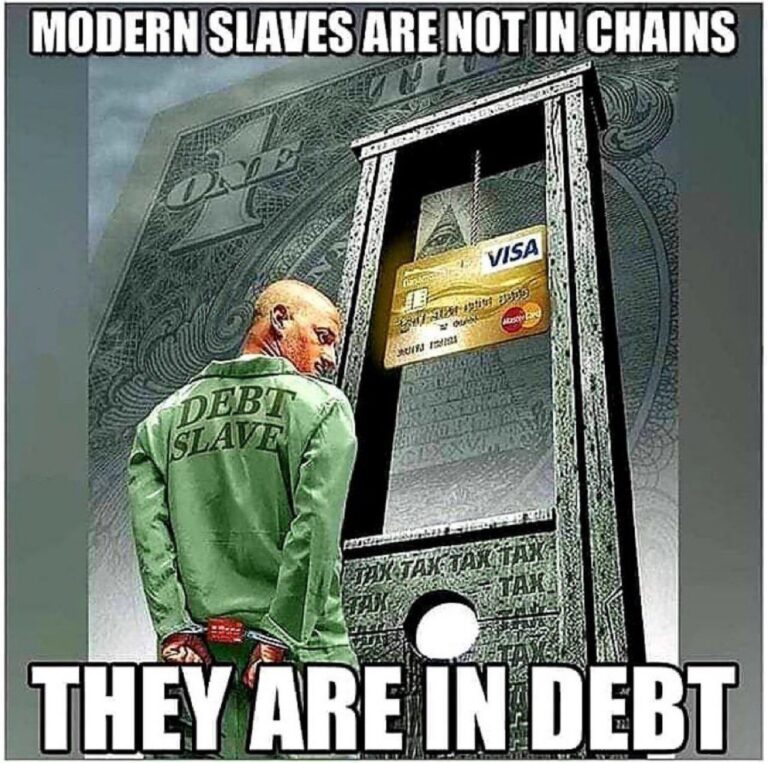
In a financial system that often equates creditworthiness with borrowing, David Tregear, a resident of Victoria, British Columbia, found himself facing an unexpected penalty for his prudent financial habits. After choosing to live debt-free and avoiding new credit for over two years, Tregear discovered that his Equifax credit score had been reset to zero—without warning or explanation. This drastic action by Equifax, one of Canada’s two major credit bureaus, left him unable to secure loans, credit cards, or other forms of credit, exposing a troubling gap in Canada’s consumer protection framework.
A Shocking Discovery
Tregear’s troubles began when he applied for a car loan and was unexpectedly denied. Puzzled, he checked his Equifax credit report, only to find that his credit score, previously a respectable 700, had vanished entirely. “I was just stunned,” Tregear told CBC’s Go Public. “I was like, what do you mean I don’t have credit? Are you kidding me?” The rejections piled up—credit cards, loans, and more—all because his credit score was now listed as zero, rendering him “unscoreable” in the eyes of lenders.
For over a year, Tregear battled Equifax, filing complaints, sending documents, and seeking help from federal and provincial regulators. His efforts were met with bureaucratic roadblocks and referrals in circles, with no resolution in sight. It wasn’t until CBC’s Go Public began investigating that Equifax acknowledged a little-known policy: if a credit file remains inactive for a certain period—typically two years—the company may label the consumer “unscoreable” and reset their credit score to zero.
Tregear, who had deliberately avoided credit to steer clear of debt, was blindsided. “I’m being punished for living debt-free,” he said, highlighting the paradox of a system that penalizes financial responsibility.
A Policy Shrouded in Secrecy
Equifax’s policy of resetting credit scores due to inactivity is not widely publicized, and the company has been cagey about its specifics. While Equifax informed Tregear that the cutoff for inactivity is two years, it refused to clarify whether this applies universally or how many Canadians are affected. The lack of transparency has drawn sharp criticism from consumer advocates, who argue that such a policy unfairly disadvantages those who choose to live without debt.
Geoff White, executive director of the Public Interest Advocacy Centre, called the practice a “major flaw” in Canada’s credit system. “A credit score is a very important piece of information,” White told CBC. “It shouldn’t be arbitrarily wiped out through lack of use of credit.” He emphasized that the absence of a credit score can create significant barriers, as many lenders rely solely on Equifax’s data, leaving consumers like Tregear in a financial limbo.
Equifax maintains that a zero score does not indicate a poor credit history but merely reflects insufficient data to calculate a score. However, this distinction offers little comfort to those who face rejections from lenders. Unlike Equifax, Canada’s other major credit bureau, TransUnion, does not reset credit scores due to inactivity, highlighting the inconsistency in how credit bureaus operate.
A Regulatory Void
Tregear’s ordeal underscores a broader issue: the lack of oversight in Canada’s credit scoring system. While banks are regulated by federal agencies, credit bureaus like Equifax fall under provincial jurisdiction, with varying rules across the country. Alarmingly, no Canadian law governs how credit scores are calculated, maintained, or erased. This regulatory gap allows credit bureaus, which are private companies, to set their own rules with little accountability.
Consumer advocates argue that this lack of transparency and oversight leaves consumers vulnerable. “This shows there’s a hole in Canada’s consumer protection system when it comes to credit,” White said. He and others are calling for federal regulation, similar to the Bank Act, to establish consistent national standards for credit bureaus. Such rules could prevent arbitrary score resets and ensure greater accountability.
Tregear’s complaints to Equifax and regulatory bodies were repeatedly dismissed or redirected, revealing a bureaucratic maze with no clear path for resolution. It was only after media attention that British Columbia’s consumer agencies agreed to investigate—having previously turned him away due to jurisdictional confusion.
The Broader Implications
Tregear’s story is a stark reminder of the power credit bureaus wield over individuals’ financial lives. A credit score can determine access to loans, housing, and even employment, yet the processes behind it remain opaque. In a society where debt is often normalized, those who choose to avoid it can find themselves at a disadvantage, caught in a system that prioritizes active borrowing over financial independence.
Equifax’s refusal to restore Tregear’s score or provide detailed explanations has fueled calls for reform. The company’s history of controversies, including a 2017 data breach that exposed the personal information of 147 million people, has already eroded public trust. In 2022, Equifax also faced scrutiny for sending millions of inaccurate credit scores to lenders, further highlighting its questionable practices.
For Tregear, the consequences of Equifax’s policy are real and ongoing. Without a credit score, he faces significant hurdles in accessing financial services, and rebuilding his score from scratch is a daunting task—especially since he cannot secure credit without an existing score. “It makes no sense,” he said, echoing the frustration of many who feel trapped by an arbitrary system.
A Call for Change
Tregear’s experience has sparked a broader conversation about the need for reform in Canada’s credit reporting system. Advocates urge Ottawa to step in and regulate credit bureaus under federal law, ensuring fair and transparent practices. In the meantime, consumers are left to navigate a system that can penalize them for responsible financial choices.
As Tregear continues his fight, his story serves as a cautionary tale for Canadians who assume that living debt-free will protect their financial standing. Without clear rules and oversight, credit bureaus like Equifax hold unchecked power, and consumers like Tregear pay the price.
For those facing similar issues, CBC’s Go Public encourages contacting their investigative team at gopublic@cbc.ca. As Tregear’s case shows, shining a light on these practices may be the only way to prompt change.



